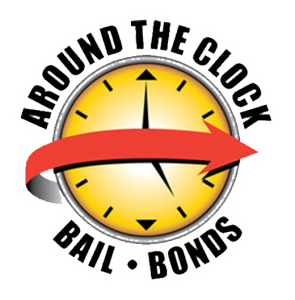Preparing for a Bail Hearing
Bail operates to secure your presence at future court hearings. The bail hearing will be your first court appearance. A judge or magistrate will be present along with a prosecutor. You have the right to have an attorney present on your behalf. The prosecutor will often make their recommendation on bond to the judge. If you’re represented by counsel, your attorney will make their own recommendation. In his or her sound discretion, the judge will determine the type and amount of bail.
Depending on the crime that you’re charged with, bail might consist of a written promise to appear in the future with a cash bail should conditions be violated. It might also consist of posting cash or some form of property with the court before you can be released. Various factors can influence whether a signature bail or cash bail will be required. Be prepared to answer questions along the following lines:Seriousness of the crime alleged
Whether the crime alleged is a misdemeanor or a felony is taken into consideration. Allegations of violence and drug crimes, and whether you’re a threat to the community might be examined more closely than others. A signature bond or lower cash bond is usually permitted for misdemeanors.Existing warrants
Any outstanding warrants for previous crimes will result in your being detained until such time as the jurisdiction that issued the warrant can respond. If the warrant is for failure to appear, the bond hearing might be continued for a short date to determine how the other jurisdiction will respond.
Family ties in the area
Your judge might want to know where you’ll stay and who you’ll be with during the pendency of the case. These might be the people you’ll rely on to help keep you out of further trouble with the law.
Steady employment
You’ll be asked if you have a job. If you do, be prepared to tell the judge where you work, how long you’ve worked there and your hours of work. They might also ask about a prior work history before your present job.
Property you own
In more serious cases, the court will inquire into ownership of real estate, vehicles and other personal property. A home, vacant real estate or personal property might be pledged for bail.
Prior criminal history
Lack of prior arrests will operate as a mitigating factor. Any prior convictions might be aggravating and influence the judge in setting a higher bond. They’ll have your prior history available and possibly in front of them. Tell the truth.
History of drug or alcohol abuse
Abuse of drugs or alcohol can impair judgment to the extent that a person might ignore future court dates. Prior drug or alcohol convictions can result in a higher bail amount. If you do make bail, you might be required to be periodically tested while out on pretrial release.
If you can’t post a bail bond, you can bring a motion to reduce the amount. Again though, any reduction is within the sound discretion of the judge. Be prepared to fully comply with any conditions that the judge might order.





